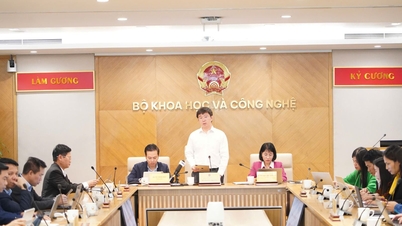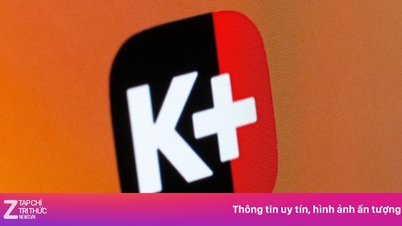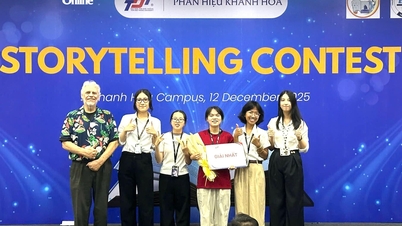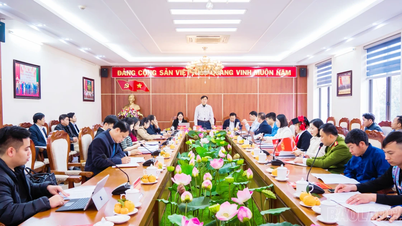
The Capgemini Institute recently surveyed 1,000 organizations, 10% of which operate in the telecommunications sector, to investigate the potential of AI. While 69% of telecommunications leaders believe AI will create more benefits than harm, only 12% believe it will be a major breakthrough for the industry. This view contrasts sharply with the manufacturing and high-tech sectors, where 48% and 53% of leaders, respectively, place their faith in this currently trending technology.
Many companies have been researching the applications of generative AI. Among telecommunications organizations, 36% have formed teams and allocated budgets, 47% have indicated they are beginning to explore the potential, and 49% are conducting pilot programs for the technology. Only 4% have enabled generative AI in some function.
36% of carriers are piloting AI-generated applications in call center analytics. For example, Orange is testing the ability to transcribe calls, summarize customer responses, and suggest next steps using Google Cloud. Another application is recovering old content.
Information technology (IT) is also a promising area for AI generation, with 71% of companies currently using or planning to use it. Applications include data aggregation, optimizing IT service delivery, and automating the creation and completion of data tables.
An anonymous telecommunications executive said that internal programmers want to use AI generation because it helps them write quality software faster. AI generation can write code based on prompts, complete unfinished code, and translate from one programming language to another.
Telecommunications companies view IT as the most promising application, followed by sales, marketing, and communications. Some carriers are also more proactive than others. The Capgemini report cites KT as an example. The South Korean carrier developed its own large language model (LLM) for use in smart speakers and customer service call centers. KT's LLM possesses advanced conversational skills in Korean, which can be used to control televisions, update real-time traffic information, and complete household tasks via voice commands.
According to Capgemini, both users and leaders believe that AI generation will help them work more efficiently by freeing them from repetitive tasks and exploring other aspects of their work. However, another perspective is that AI generation will lead to more job losses. In May, Philip Jansen, CEO of BT (UK), predicted that the company could lay off 10,000 employees, out of its current 130,000, by 2030 due to AI. In a sector where many are racing to cut costs, such as telecommunications, BT is no exception.
(According to Lightreading)

Source












































































































Comment (0)